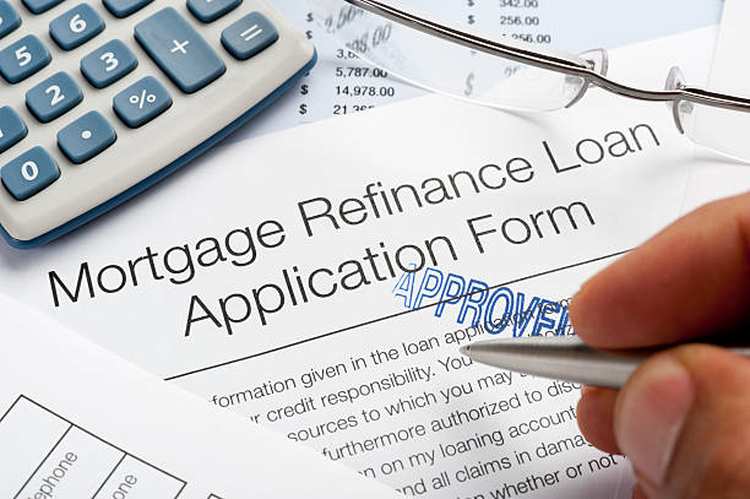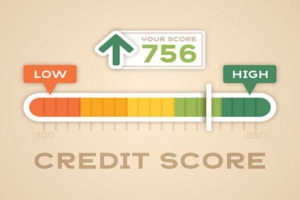 Last week, the Federal Reserve released a statement saying that in order to continue helping the economy recover from the coronavirus pandemic, it would hold its benchmark interest rate near zero. Although the Federal Reserve does not actually set mortgage interest rates, people who want to avail of mortgages, either to buy a new home or to refinance their existing mortgages, are indirectly benefited by this monetary policy.
Last week, the Federal Reserve released a statement saying that in order to continue helping the economy recover from the coronavirus pandemic, it would hold its benchmark interest rate near zero. Although the Federal Reserve does not actually set mortgage interest rates, people who want to avail of mortgages, either to buy a new home or to refinance their existing mortgages, are indirectly benefited by this monetary policy.
With record high home prices and a low supply of inventory in the market, however, buying a property nowadays has become quite expensive, even with these historically low interest rates. Nevertheless, if you have an existing mortgage, should you refinance it to take advantage of the low interest rates?
What is Mortgage Refinancing?
Mortgage refinancing is basically getting a new loan to pay your original loan. Just like what you did when you took your original mortgage, you will need to shop around for a mortgagee either by directly going to a bank or using mortgage brokers or financial advisers. After you are approved for the new loan, you will have to provide the documentary requirements and pay for closing fees. Yes, closing fees will be required because no-cost refinance actually does not exist; you will have to pay for closing costs one way or the other, such as the closing cost being added to your total loan amount.
Why People Refinance Their Mortgages?
People refinance their mortgages for various reasons but two of the common ones are to reduce their interest rates for the life of the loan and to ease cash flow by reducing their monthly payments. Sometimes, people refinance their mortgages to cash out on the equity that they earned while others do so to shorten the term of their mortgage. It is also not uncommon for others to avail of refinancing to get rid of private mortgage insurance (PMI) or to convert their existing adjustable-rate mortgage (ARM) loans to fixed-interest rate loans (or vice-versa, depending on what is applicable to their situation).
Should You Refinance Your Mortgage?
Since refinancing is also the same as getting a new loan, you should consider several factors before deciding to refinance your mortgage. First, it is important to check whether you have mortgage prepayment penalties on your existing loan or else, you might end up losing more instead of benefiting from the refinance. Next, you should compare the terms of your existing loan with the one that you are trying to get. Use online mortgage calculators to see how much you will save on interests because of the change in the interest rate or the length of the loan. Bear in mind that doing a cash-out refinance will definitely increase your monthly payment and interest rate compared to a plain rate-and-term refinance loan. Also, consider your break-even-point, which is how long it will take you to recoup your closing costs for the refinance. Finally, your credit score will take a hit when you refinance so consider it’s effects on your credit score during the application process.
How to Analyze the Numbers?
Considering whether refinancing is for you entails analyzing the numbers and how they fit into your situation and needs. For example, you are paying $870 (excluding escrow) on your current mortgage at a rate of 3.25% p.a. with about 25 years left on your term. You received the following offers and are now wondering if it is advantageous for you to refinance your mortgage with an existing balance of $175,000.
- Offer 1: 30-year fixed rate of 3.0% with monthly payment of $737.81 and closing cost of $3,250.00
- Offer 2: 20-year fixed rate of 2.75% with monthly payment of $921.68 and closing cost of $2,296.00
- Offer 3: 15-year fixed rate of 2.375% with monthly payment of $1,123.57 and closing cost of $2,082.00.
Using an online mortgage amortization calculators, you will find out that for a $175,000 loan, these will be the amounts:
- Offer 1: total interest: 90,610.54, total loan payments: $ 265,610.54
- Offer 2: total interest: 52,709.85, total loan payments: $ 227,709.85
- Offer 3: total interest: 33,190.10, total loan payments: $ 208,190.10
- Original loan: total interest: 80,841, total loan payments: $255,841.00
If all you aim for is to reduce your monthly payments, Offer 1 is the way to go because it will reduce your monthly mortgage payment by about $132. However, the drawback for this is that you will have to pay almost $13,020 extra for interest and closing costs compared to your current total loan payments. If you can afford to pay extra $254 a month, Offer 3 will be your best bet because you can save about $46,527 (net of closing costs) interest payments throughout the life of your loan. Nonetheless, if you will choose Offer 2, you will save about $25,835 (net of closing costs) in interest payments by just adding about $52 to your monthly mortgage payments (and you’ll finish your loan 5 years earlier than your current mortgage!).
These are just a few examples on how to analyze the numbers to know whether refinancing is right for you. Just remember that refinancing is a huge financial step. It may not always be a good idea so you need to know why you need to refinance and analyze the numbers if those work for you before taking the leap.

